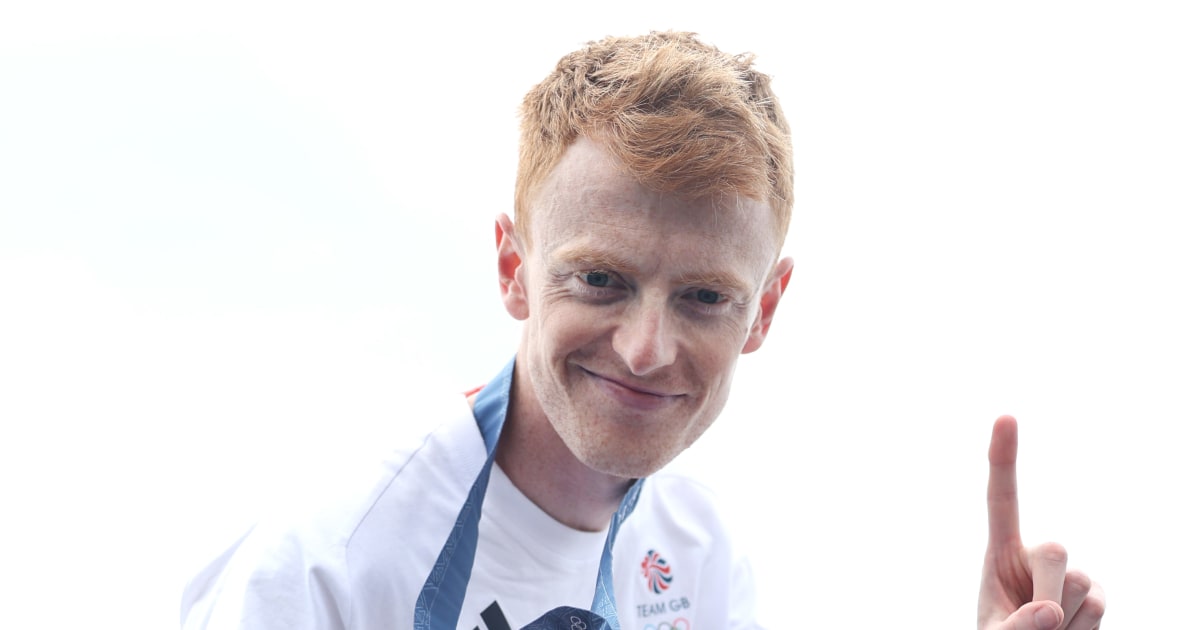Building the engine of world champions
Brightmore had accomplished one of his lifelong goals. But winning the seat in the men’s eight was one thing; keeping it was another. He and his new teammates had to build a unique relationship of trust and camaraderie, shaped by the notorious brutality of elite rowing training.
Life at the national training centre was all-consuming. Days blurred into a cycle of rowing, weights, and more rowing, an endless ordeal necessary to build a boat that could dominate on the world stage.
“We’d have training three times every day,” Brightmore explains. “An hour to an hour and a half on the water, a weights session, then another row. It’s not quite about flat-out intensity — a lot of it is time in the zone, building volume, and learning to move together. We’d usually get one day off a month.”
The relentlessness could be suffocating.
“It’s a strength-endurance sport, so you’re living in that world of constant grind. There are mornings when it’s freezing cold, your body is sore, and you’re exhausted from the day before — but you know you’ve got to do it all again. That’s where the bonds are forged, because you’re all in the trenches together.”
As a coxswain, Brightmore wasn’t pulling oars himself. But that didn’t mean he couldn’t share in the fatigue and pain of the men he was leading. In fact, he sought it out.
“One part of my job was doing the same volume of training as the guys — but I’d do it running or on the bike,” he says. “If they had a weight session, I obviously didn’t need to be building muscle, but I’d go out and run for an hour. I wanted to feel what they felt, to understand that fatigue and know what it took to keep pushing.”
At the start of 2022, with a packed calendar ahead over the next two years— World Rowing Cups, European Championships, World Championships, and the looming Paris 2024 Olympics—Brightmore knew it was time to refine the commands, cues, and bursts of encouragement he delivered on the water. In races measured in fractions of a second, those words could be the difference between gold and missing the podium entirely.
“Some of the guys wanted to be shouted at, told to dig into the pain,” Brightmore says. “Others could do that themselves and just needed structure. My job was to make sure every call had something in it for everyone — and to keep them believing we could go faster.”

